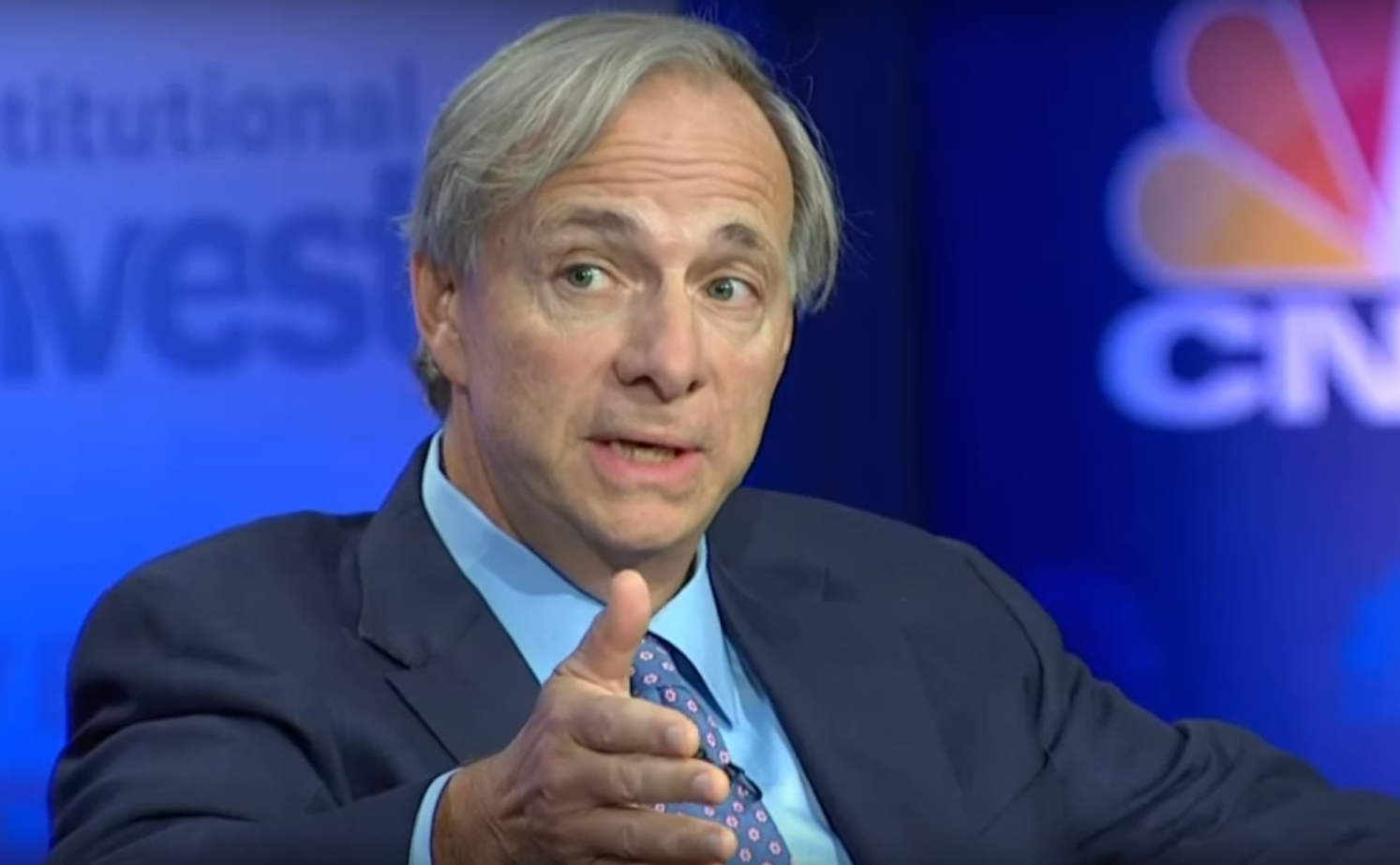
Ray Dalio is raising concerns not only about a potential recession but also about a deeper systemic collapse of the global economic and political order, as discussed in a recent interview with CNBC. His worries extend beyond market fluctuations, indicating a structural fragility that could have far-reaching implications.
In a surprising twist, Bitcoin (BTC) has been exhibiting resilience amid the turmoil. Having recently broken a three-month downtrend, the cryptocurrency is closing in on $85,000, suggesting it might be evolving into a new type of safe haven.
Key Insights:
- Dalio emphasizes the urgent need for action regarding U.S. budget deficits and trade policies, warning that failure to address these issues could lead to a major crisis in the existing monetary and geopolitical landscape.
- He draws parallels between the current economic risks and significant historical shocks, such as the 1971 abandonment of the gold standard and the financial crisis of 2008.
Currently, Dalio, who leads Bridgewater, is particularly concerned about increasing U.S. debt levels. He insists that Congress should take steps to reduce the federal deficit to 3% of the GDP, cautioning that imbalances between debt supply and investor demand may lead to severe disturbances, as stated during his CNBC interview.
This distress is already reflected in the bond markets, where U.S. Treasury yields are rising, with the 10-year yield hovering near 4.5% and the 30-year yield just below 5%. Such high yields could compel the Federal Reserve to intervene to stabilize the markets.
Dalio also points out that uncertainties related to tariffs are contributing to a wider macroeconomic volatility. The U.S. dollar’s performance, measured by the DXY index, has slipped below 100 for the first time in years, potentially indicating capital outflow. He advocates for a comprehensive trade agreement with China to strengthen the yuan and help stabilize an increasingly delicate system.
In a stark comparison, Dalio regards today’s economic risks as akin to those during the U.S. exit from the gold standard and the events leading up to the 2008 financial crisis—both pivotal moments that redefined the financial world.


